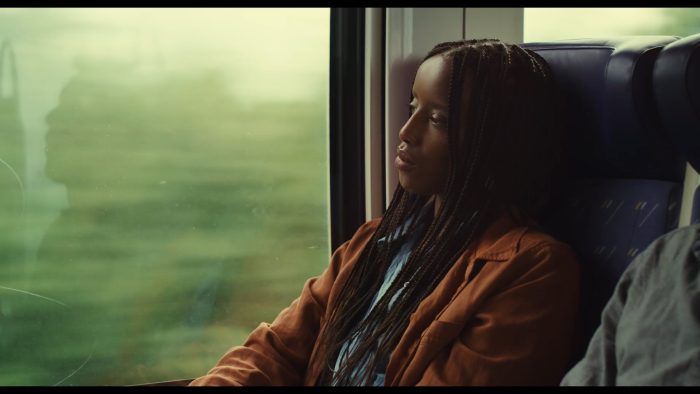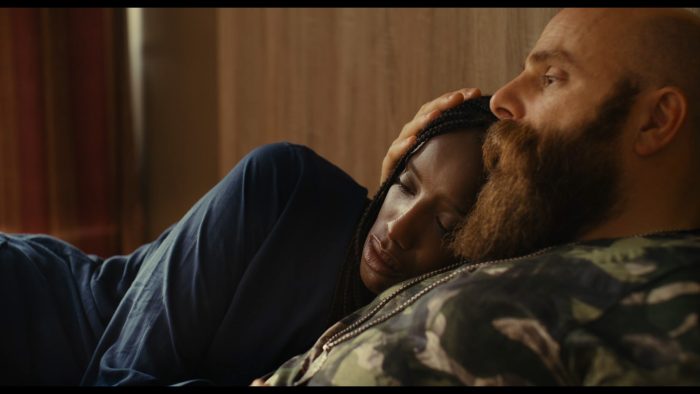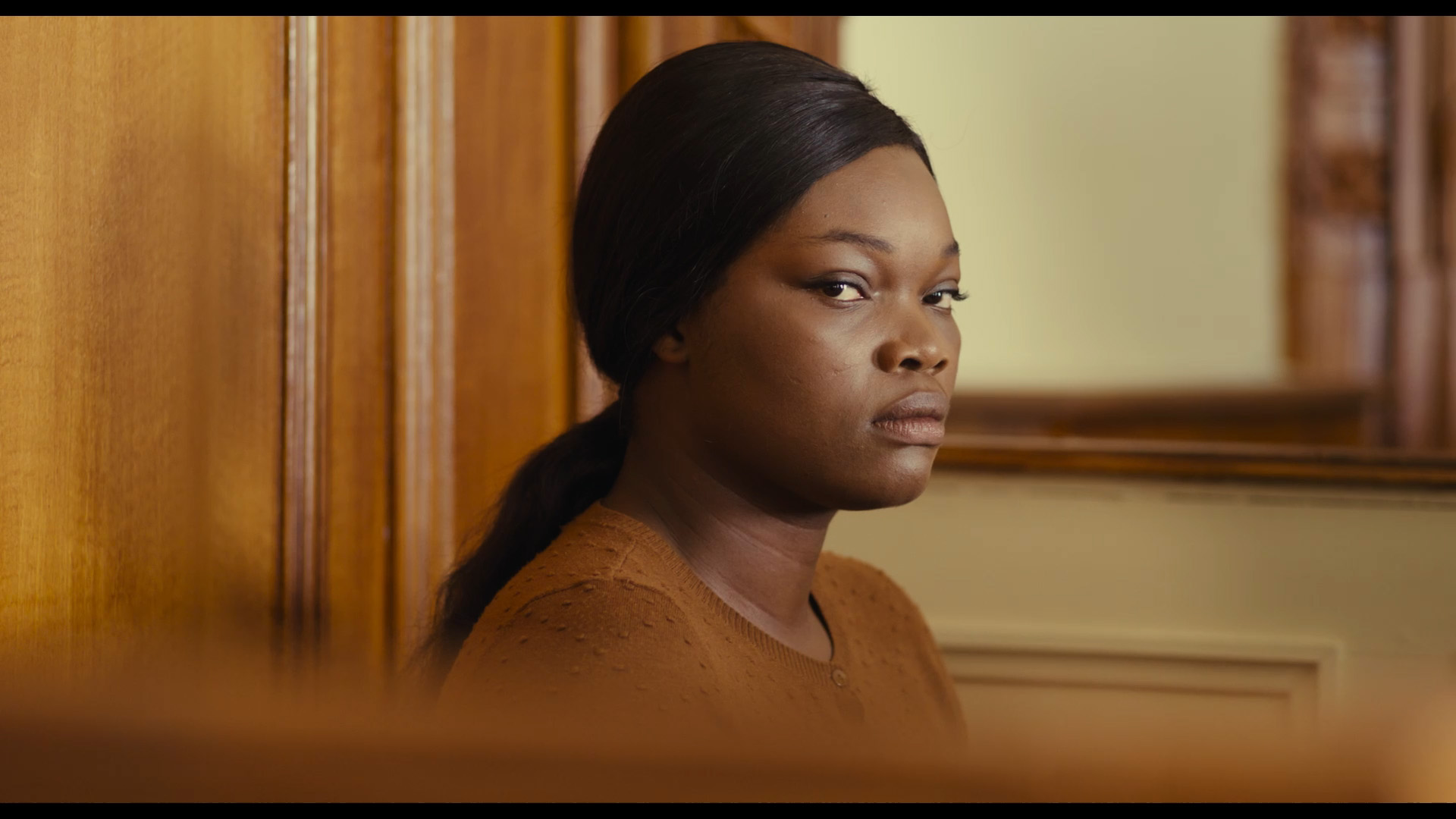Alice Diop’s Saint Omer is a marvel.
It’s a film of limited plot, with most of the structure focusing on a trial (based on a real life infanticide case) and set within the French town from which the film takes its title. You would think that its narrow subject manner would mean the film would run out of things to say, but the longer we are sat in the courthouse and the testimonies are told, it is as if Pandora’s Box is opened; the characters reveal their anxieties, guilt and pain within an environment that is created entirely to judge them.
Prior to the making of Saint Omer, Alice Diop has primarily been known as a documentary film-maker. Her work has been well-received at festivals and her documentary short Towards Tenderness was even awarded best short at the French César Awards in 2017. Saint Omer, which is also Diop’s fiction film debut, won not only the Lion of the Future award at the Venice Film Festival this year, but also the Grand Jury Prize.
The Grand Jury prize is the second most prestigious award at the festival. This film is the perfect transition into narrative filmmaking for Diop. The events play out in a documentary-like style, with an uncomfortable stillness and uneasy tension. The chosen form enables Diop to weave out truth from reality, as the lines between fact and fiction begin to blur in the courtroom.

Diop herself was actually present at the real-life trial. Her own experience as a pregnant artist then, very much forms the basis of the screenplay. The film follows Rama (Kayijie Kagame) who is a professor and novelist travelling to Saint Omer to watch the write of Laurence Coly (Guslagie Malanda). Coly claims that the murder of her 15 month old daughter is the result of witchcraft.
Rama believes that Coly’s trial, which has attracted wide media attention, will serve the basis of her new Medea-inspired novel. As the prosecution goes on, however, Rama begins to deflect doubts about her own pregnancy and fears of motherhood onto Coly’s case. All performances are brilliant but Malanda’s stands out. It’s a shame she’s been so overlooked this award season.

When taking into account Diop’s background in documentary, it becomes clear that the narrative could not have possibly been told in a purely factual manner. With the film’s attention to detail, and the dialogue being so precise, it feels at times like it is spoken word for word from a recording of the actual court case. The lack of movement from the courtroom setting has a claustrophobic effect, whilst the fiction aspect of the story builds a sense of distance between the audience and Coly herself.
In fact, Coly feels incredibly distant throughout the whole trial, much like how the society she exists within has distanced itself from her. The film requires patience, since most of the time is spent within the courthouse. Nonetheless, Amrita David’s editing is razor sharp, as always. It perfectly compliments Diop’s realism and sets the basis for the film’s static tone.
Diop handles the narrative with incredible care, and her direction is as much delicate as it is fierce. It’s a love letter to women and a reminder of the ‘Medea’ within us all when our circumstances push us to breaking point, but perhaps it’s also a reminder that we must endeavour to care for those we’re often conditioned to overlook.
There’s something really satisfying about watching a filmmaker’s development, and my anticipation increases when thinking about where Diop’s career will go next.
